I hear a lot about how it's just not right to "manipulate" your photographs - in any way; filters, digital "adjustments", etc. Somehow the "purity" of the shot not only goes away but the photograph is now unreal in some way.
I'm don't especially hold to that opinion.
I'm more in the camp of: do whatever you want, whenever you want, to make your photograph more pleasing to yourself.
Documentary photography is another matter. Manipulation here borders on a lie. But for art photography, anything goes. The point is to evoke a mood, thought, feeling - and whatever it takes to make that happen in fair game.
Chris
http://www.photography-abstracts.com
I'm don't especially hold to that opinion.
I'm more in the camp of: do whatever you want, whenever you want, to make your photograph more pleasing to yourself.
Documentary photography is another matter. Manipulation here borders on a lie. But for art photography, anything goes. The point is to evoke a mood, thought, feeling - and whatever it takes to make that happen in fair game.
Chris
http://www.photography-abstracts.com


![[No title]](/data/xfmg/thumbnail/34/34135-27c00b73b314c3811e6eded0520a40a2.jpg?1619736307)
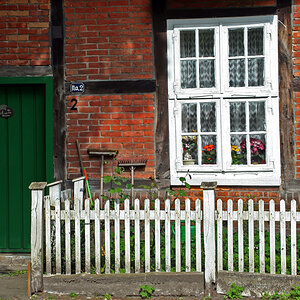
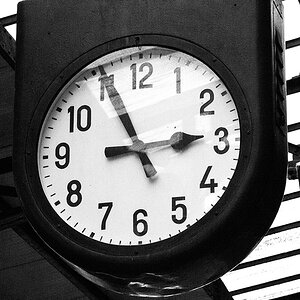

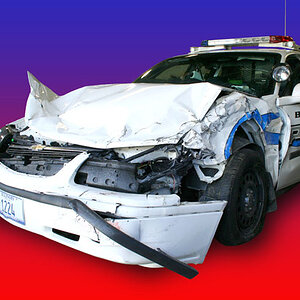
![[No title]](/data/xfmg/thumbnail/34/34137-37e6e29a844c1214e5b14ce322c7b716.jpg?1619736309)

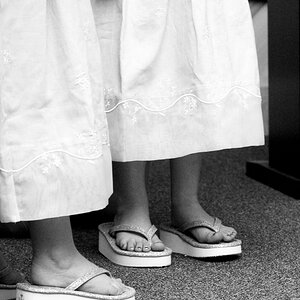

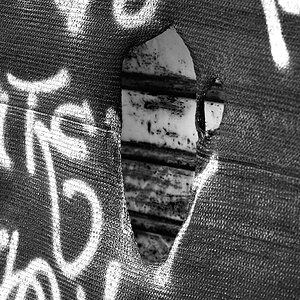
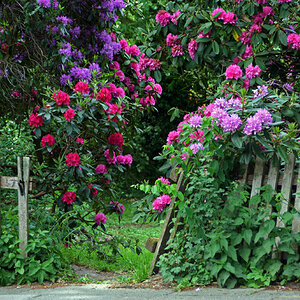
![[No title]](/data/xfmg/thumbnail/39/39288-2d76486ccc9042c6fb525aaaaffff1fb.jpg?1619738957)